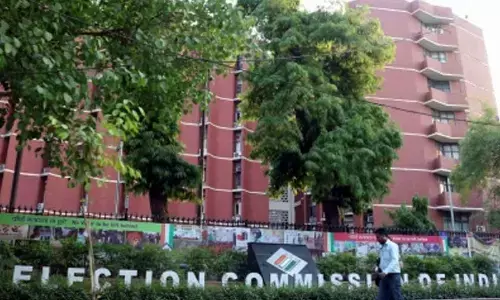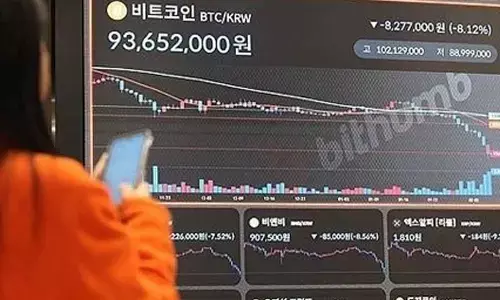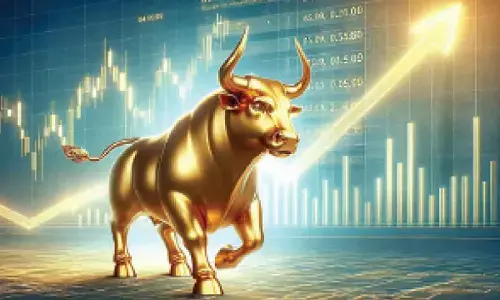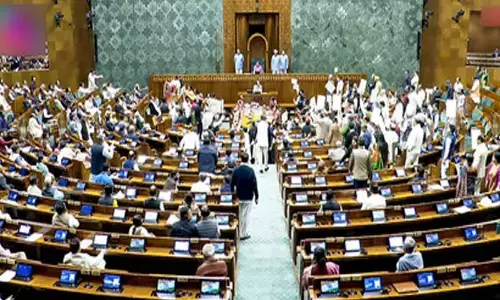Beware of Ponzi schemes amid low interest regime
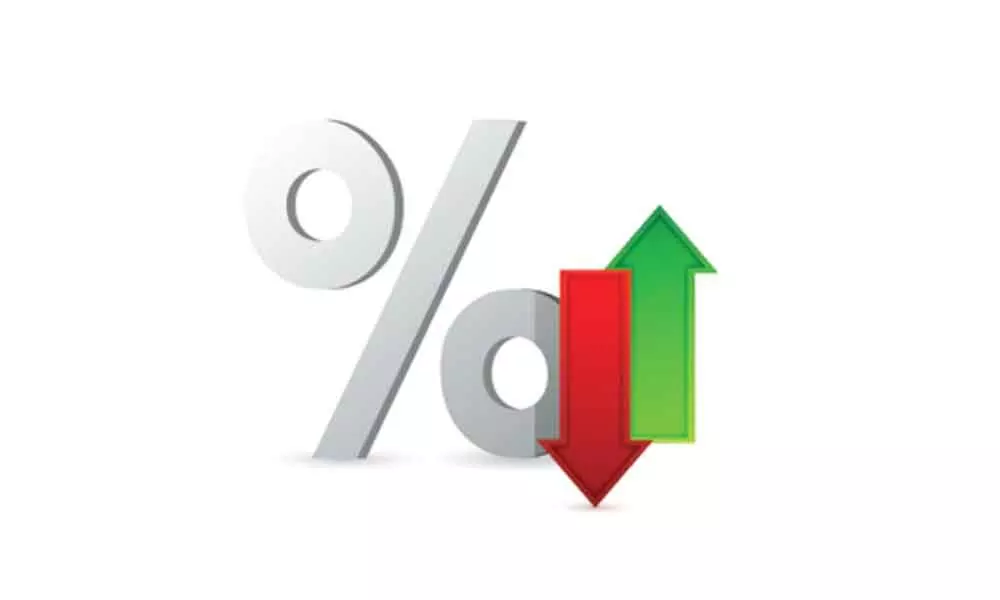
A friend called me over the weekend and was worried about his bank fixed deposit (FD) returns
A friend called me over the weekend and was worried about his bank fixed deposit (FD) returns. He's about to receive a maturity and if he were to rollover, the available interest rate is very low. He later enquired about a company and asked me if I know any details of them.
As I further pushed for more information, he mentioned it's into gold trading and one of his friends has suggested to invest with them. My friend said that he tried investing in the Sovereign Gold Bonds, but couldn't do so in the latest tranche.
I checked with him if he's interested in Gold investments, why wouldn't he consider investing in an Exchange Traded Fund (ETF) or a Gold Mutual Fund (MF).
My friend said that his reference had invested with this trading company and has been receiving good returns (interest payout), so he got curious. When I asked him about the mode of payments i.e. the frequency - monthly, quarterly, etc., my friend told me that there're multiple options available and the seems that the investor has the option to pick any of it.
With the possible falling interest rate scenario, sticking to bank FDs wouldn't generate much return, but on the pretext of finding better returns, should one compromise on the safety? On the face of it, I told him that it could very well be a Ponzi scheme and warned him not to commit for any investments without further information.
Further, I asked him about the investment returns is he looking forward to. Would the FD return sufficient or eager to earn more? If so, would he consider a higher risk than the bank FD? This is how most of us in search of higher return, ignore the risk that we unknowingly take. And unlike the calculation of risk, it's not a percentage of principle amount.
Risk could be simply defined as a probability of a loss, but how would one quantify the loss. The range could vary between a loss of part or full of returns and to the part or full of the capital. So, I asked my friend, how much was he willing to lose for gaining an extra return?
Would part of the capital be at risk or full, how prepared is he for such a situation? That's when he realized what I meant about risk. In investing, while calculating returns we tend to extrapolate the growth of a capital at a percentage and hence arrive at a possible sum at the end of a defined period.
But, in calculating the risk, especially out of an event? For instance, with my friend's investment hypothesis of default by the company is binary i.e. either zero or one. In simple words, if the risk were to happen then all the money is gone off the table.
Basically, one is just leaving everything for chance. His referring friend could turn plain lucky that he not only enjoys superior returns but also end up getting his capital back. But, purely out of chance, my friend could get stuck though not completely certain but is possible.
Even in a game of cards like a blackjack it's not completely left to chance as the probabilities are still finite. So, how do one approach to risk assessment in investing.
In these uncertain times, we shouldn't be extrapolating on conventional metrics. Had we ever imagined a situation where the entire nation and the world would come to a standstill? Even during the greatest of the strife of world wars, the factories were producing one or other and this is the first pandemic in the integrated/ interconnected world and is very tough to assume what happens next.
Could we expect an extension of lockdown and do we've a proven protocol to operate in these restricted times? Did we ever anticipate that Maruti Suzuki would come up with 'zero' sales in a month, yes, it's a zero across the country!
That's the gargantuan problem we're all facing, these're completely unprecedented times and no one exactly knows what the right path of approach is. Everyone is iterating and hoping to get right. Assessing risk at these times, would hence be very difficult, though, that doesn't mean one shouldn't invest.
What most investors try to explore is the opportunities available in the market at any given point of time, but what one ideally should be looking for is the options that suit his requirements.
The falling interest rate scenario is presenting a massive opportunity in the debt markets and in debt MFs. But does one have the appetite to digest the volatility that's associated with it. I'm not even talking about the gilt funds, but even in short or medium-term accrual strategies and then the credit risk funds, which are attractive for the yield differentials.
True, one could end up with much higher alpha than the bank FD through these funds, but one should be aware of the safety (default of the companies), etc. It's not that all funds or all parts of the fund would get affected altogether but we've seen a freeze on such funds by an asset management company.
So, one should be aware of risks and also shouldn't go beyond their comfort zone for chasing returns. Also, creating a portfolio of diversified investments and asset allocation are the only solutions in these testing times. Follow these simple yet basic fundamentals for a happy investing experience. Please stay healthy and stay safe.
(The author is a co-founder of "Wealocity", a wealth management firm and could be reached at [email protected])









